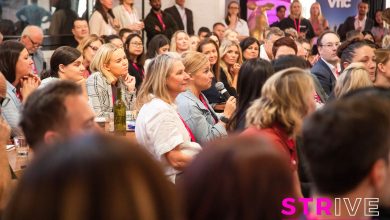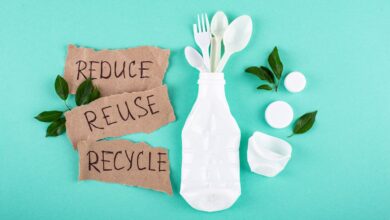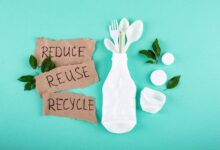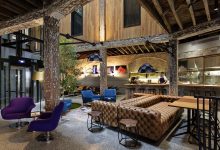
Millennials and the circular economy
By 2025, 75% of the global workforce will be millennials (i). Born between 1982 and 2000, this diverse group has been labelled entitled, self-indulgent and selfie-obsessed, but the data shows they are significantly more engaged with sustainability and social justice than previous generations. Seeing beyond financial reward and status, millennials are looking for purpose, sustainability and social impact when it comes to the brands they buy and the brands they work for.
With millennials embracing the decoupling of growth from natural resource consumption, known as the Circular Economy, Accenture recently revealed that it will be an industry worth $4.5 trillion in the next 15 years (ii). And digital is powering the circular revolution just as the steam engine powered the industrial revolution.
This is one of the topics being debated at the inaugural Sustainable Brands conference in Sydney, Australia, 27 – 29 June 2016. Following on from the successful Sustainable Brands conference in San Diego (6 – 9 June) which has seen over 200 speakers from companies like Coca-Cola, Ben & Jerry’s, Walmart, Microsoft, Nespresso, Mars, MCDonalds, Google, Nestle, LinkedIn, Dell, PwC, Etsy, Target, Paypal and many more discuss the future of the corporate world.
Speaker at the San Diego conference and continuing on to keynote at the Sydney event, Bert van Son, CEO, MUD Jeans and inventor of the revolutionary Lease A Jeans formula believes a circular economy approach attracts millennials more than the overly utilised principles of the linear economy.
“For decades supply chains and products flowed in one direction: from manufacturing to consumption, ending in landfill, yet we live in a world with limited resources, so it’s time to consider the well-being of the earth and its resources across all industries including fashion.
“Brands need to reduce their dependencies on the world’s scarce natural resources and benefit from the opportunity to generate revenue from waste, to create more innovative, responsive and customer-centric product and services that millennials engage with. It’s not about losing money, it’s about boosting competitiveness in saturated markets.
“I’ve been in the fashion industry for 30 years, and it has many problems. Cotton is one of the worst things we grow on this earth. Every year we grow 24 billion kilos of cotton on 2.5% of our cultivated land and we spray 25% of pesticides and insecticides over it. Consumers want cheap products, and brands want fast fashion and maximum revenue, so we see many products made in very bad conditions. Then, the fast paced nature of fashion sees the world burn garments, which equates to about 10% of the world’s global carbon dioxide. All in all, bad for humans and bad for space ship ‘earth’.
“At MUD Jeans we are the first and only circular fashion brand, making sure our organic and certified cotton jeans come back to us for recycling, by our Lease a Jeans concept. We target the market of millennials; our conscious explorers. I believe in a world without waste and at SB16 Sydney brands will learn that recycling is fun and sustainable too!” concluded Mr van Son.

AccomNews is not affiliated with any government agency, body or political party. We are an independently owned, family-operated magazine.







